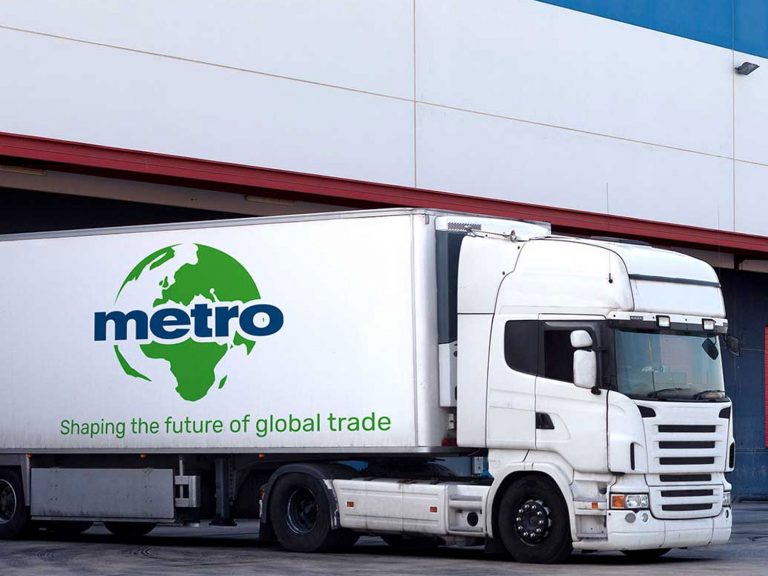
Date:
Brexit update; Cross border EU traffic threatened
Increasing numbers of exporters are struggling to acquire critical transit documents, which allow goods to cross borders within the European Union, because of delays at issuing offices and difficulties obtaining or increasing transit guarantees.
The Common Transit Convention (CTC) allows trucks to move through the European Union and UK using a transit document (TAD), with importers customs clearing and potentially paying import taxes and duties, when goods arrive at their final destination.
The trader, or agent, raising a transit document require a customs comprehensive guarantee (CCG) to cover potential duty, excise duty and import VAT.
But, new CCG applicants, or those seeking to increase their authority need to put up a financial guarantee, often backed by a bank, to cover any taxes or duties on the goods being moved – but they have almost all been committed – and there are delays at HMRC.
NOTE – Metro successfully applied for a massive uplift in our CCG nine months ago, to ensure we would have sufficient headroom to guarantee transit movements for our customers in the first quarter 2021. To ensure we maintain sufficient reserves to meet these customer requirements, we will not be adding new clients, until the current post-transit disruption subsides.
We do continue to welcome your enquiries and will on-board new customers ASAP once a full assessment has been completed.
The press has picked up on the ‘transit’ issue and are reporting how a UK government customs system has been overwhelmed within weeks of Brexit, threatening to trigger more disruption as freight traffic increases.
HMRC is conducting an urgent review into the delayed applications.
Forwarders are complaining that they have no guarantee left and others state they applied several months ago, anticipating a surge in demand because of Brexit, but have yet to receive a response from HMRC.
In response, HMRC said it is aware of the problems applicants are facing and is conducting an urgent review. It blamed delays on a recent software upgrade to its New Computerised Transit System (NCTS) and said it is currently processing 230 applications for transit guarantees, and expects them to be completed within a week.
At Ashford, the closest inland border facility to Dover, drivers have had to wait for hours (some days) to obtain their transit documents and are regularly being turned back, which is particularly concerning, as much longer delays are likely, as soon as freight traffic recovers from its current subdued level, because as much as 90% of UK exported goods being moved will potentially need transit documents.
With red tape and confusion impacting trade between the UK and EU, estimates suggest that about 20% of SMEs have suspended exports to the EU. In general the freight industry is experiencing a very soft market with overland movements to and from Europe with some operators reporting a 50% reduction in consignment flows compared to this time last year. It is expected that volumes of European trailer movements will increase significantly over coming weeks as inventory and buffer stocks deplete and The UK lockdowns are lifted creating additional demand for consumer products. The situation could deteriorate if this is the actual situation.
Metro are monitoring the cross-channel situation closely and continue to submit import and export customs transactions through our CuDoS system, to keep our customers European supply chains optimised and moving. Our platform is getting slicker as the experience builds and the rules of trade and transport become clearer on a daily basis.
Please contact Andrew White, leading our customs and brokerage business unit, for further information.
